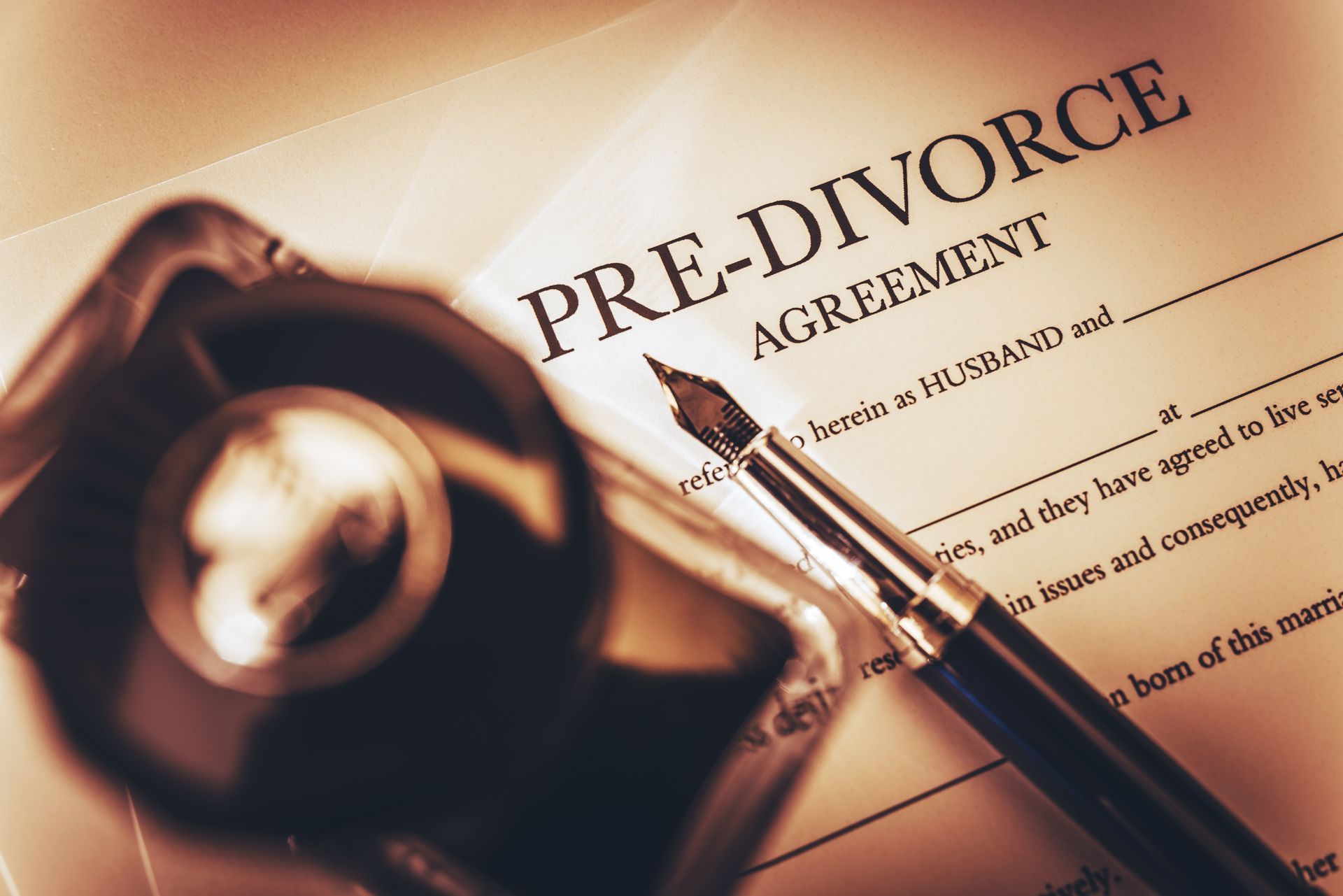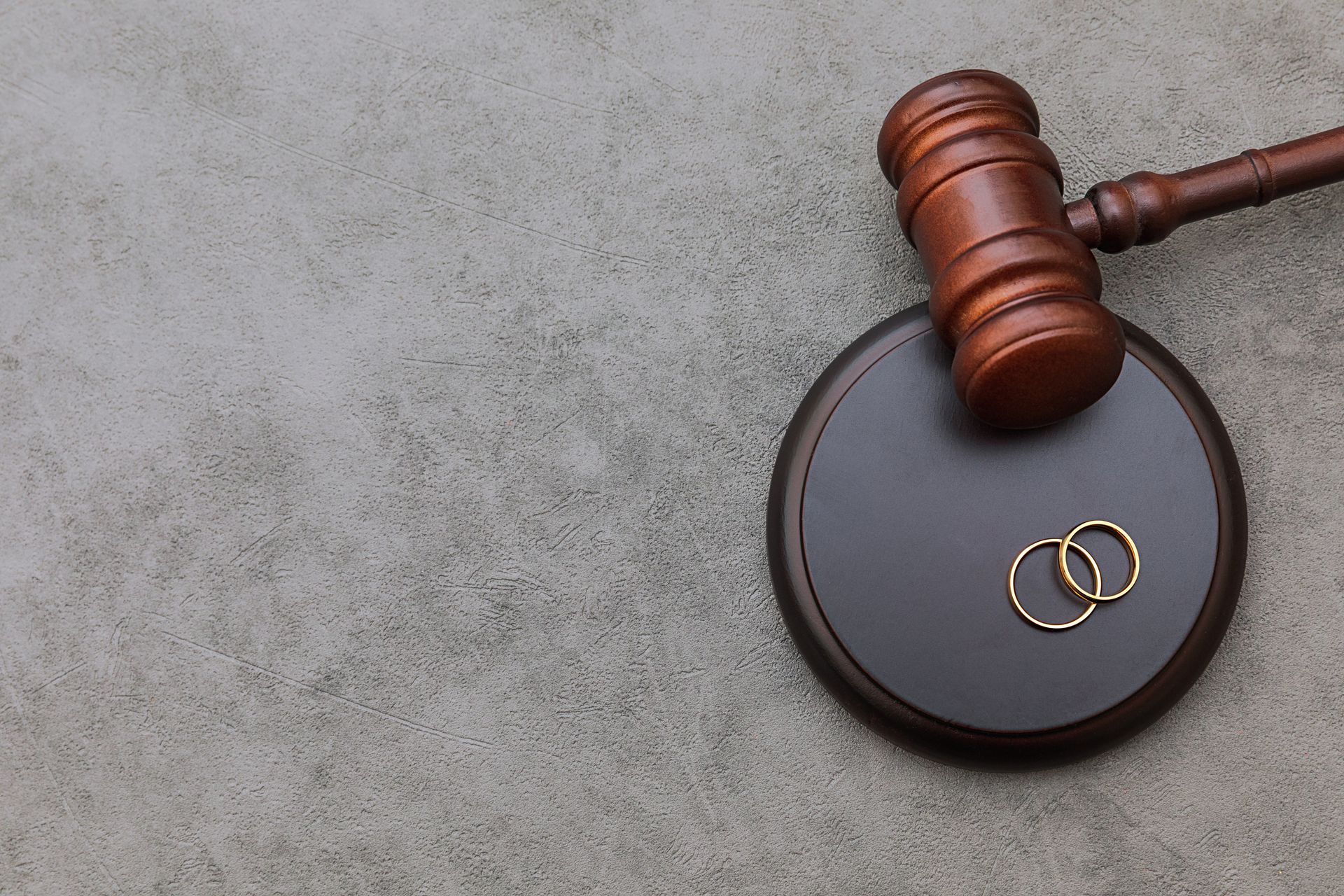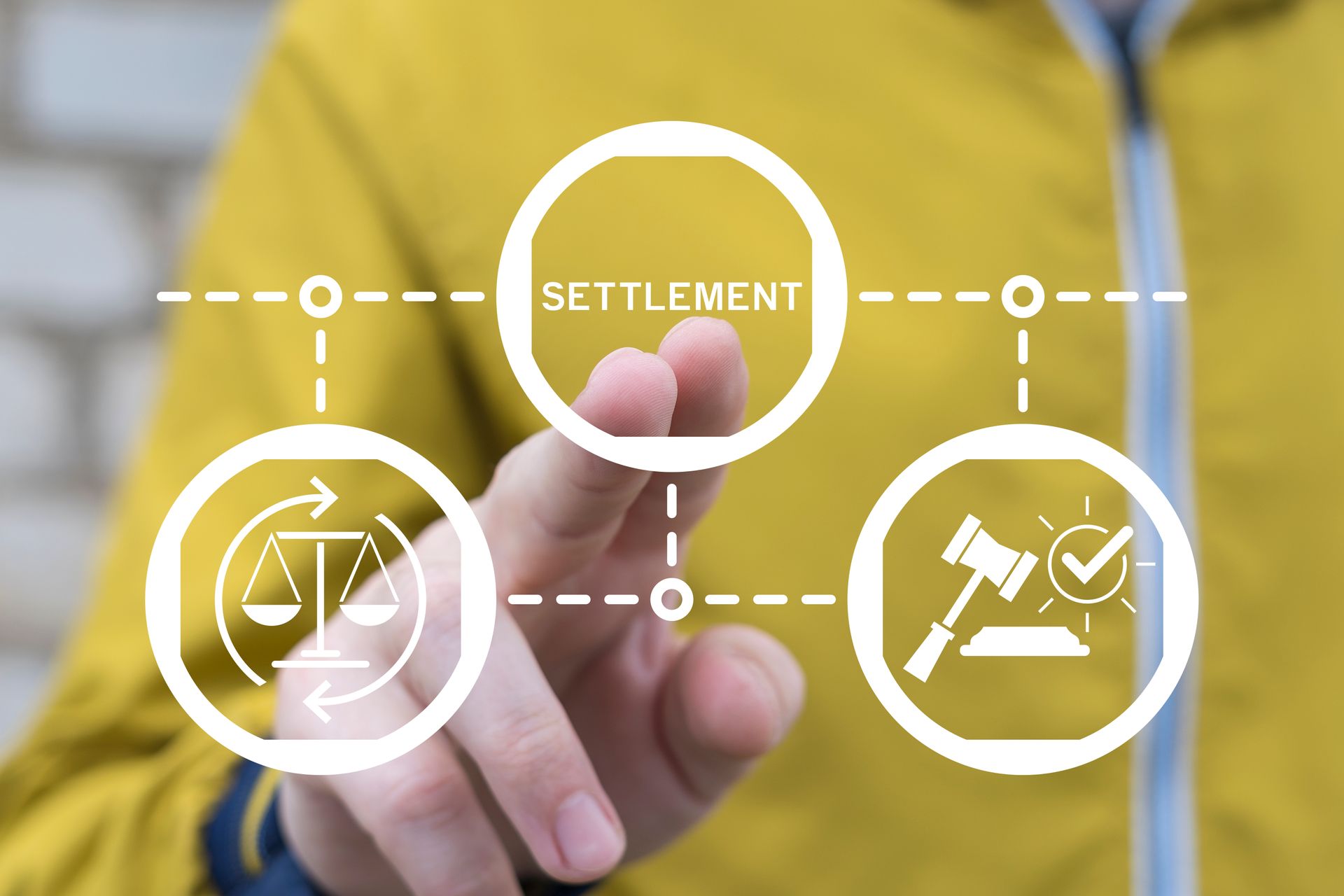Digital Assets and Your Estate Plan: What Happens to Your Online Accounts After You Pass Away?
When drafting Wills for clients, it is interesting to note how few have fully considered their digital assets and what will happen to them when they pass away.
This is somewhat concerning considering the vast value of assets in the virtual world. The existence of digital assets of all types is growing significantly each year. According to asset management firm Franklin Templeton, digital assets are expected to continue growing because more businesses are adopting new technology, new regulations offer protection to consumers, and more investors are deepening their understanding of this sector.
From a technology perspective, blockchain is fast becoming a key enabler of wealth creation through digital assets as it ensures transactional speed, security, and trust. It is now expected that the digital assets segment will reach a value of US$2,737m in 2023 in the UK alone, and this will rise to US$5,974m by 2027, representing an annual growth rate of 21.55%. In this article, we will explain how you can protect your digital assets for the benefit of your loved ones after you pass away.
What exactly is a digital asset?
Digital assets are possessions owned by an individual that are accessed through a digital device, e.g. computer, mobile phone, tablet, or television. Digital assets may include (this list is by no means exhaustive):
· Animations
· Computer programmes
· Content / blogs
· Cryptocurrency and other virtual currency.
· Documents
· E-Books
· E-books.
· Emails and email accounts
· Gaming accounts, avatars, worlds and lands.
· Illustrations
· Logos
· Manuscripts
· Metadata
· Music
· Online gaming
· PayPal and other online money accounts
· Photos
· Social media accounts, including statuses and tweets
· Social media
· Videos
· Websites/domains
· What is a digital asset?
Another rapidly growing digital asset class is non-fungible tokens (NFTs). NFTs are units of data stored on a blockchain digital ledger which certify ownership of a unique digital asset. Unlike other asset classes, such as money, NFTs cannot be replaced with something else. NFTs are sold online and are used to verify the ownership of digital works such as art, collectables, music, sports collectables, trading cards, and even memes.
Should I include my digital assets in my Will?
Yes, if you wish to make the existence of your digital assets known to your Executor following your death and to ensure they are handled according to your wishes, it is important to include them in your Will. Any digital assets you include will be handled in the same manner as your tangible assets as part of your residuary estate. For example, if you have an online photo library held in the cloud, you can define who can access them and how. Other reasons to specifically include your digital assets in your Will include:
- Your digital assets may contain items of considerable monetary or sentimental value.
- Your Executors will be able to locate and access your digital accounts to retrieve anything needed
- You can decide who will receive your digital assets
- Digital assets required for your business can be handed to a partner or shareholder to be used for the benefit of
the business
Key considerations when leaving digital assets in a Will
When drafting and executing your Will, it is important to understand who owns your digital assets. Even if you think you own a particular digital asset, it may be that you only have the right or licence to use a service, neither of which you can pass on in your inheritance. The terms of conditions of each service will tell you who owns the content. Apple, for example, allows account holders to designate a ‘Legacy Contact’ who has the legal permission to access their Apple account ID and personal information following death. Unfortunately, they also have a policy that when an account holder dies, the information on their account is automatically deleted, and they take over ownership of the account. As such, if you do not provide details of your Apple account or nominate a ‘Legacy Contact’, your Executor may then be forced to ask the County Court to make a Part 8 application requiring Apple to provide access.
Another consideration is how to pass on the login details of accounts. The problem with writing down your login name and password and providing these with your Will is that a) these may change and b) this may breach the terms and conditions of your internet service provider (ISP). Attempting to access an account without the necessary authority may be an offence under section 1 of the Computer Misuse Act 1990 (CMA 1990). The CMA 1990 states that it is a criminal offence to enable access to be secured to programmes or data stored on a computer where that access is unauthorised. A specialist in private client law can explain how best to ensure that your Executor has all of the account login names and passwords they will need to access your accounts in a legal and secure manner.
Final words
Nearly everyone has digital assets in one form or another. If you want to pass your digital assets to a loved one, you will need to provide all of the necessary details for each item within your Will to enable your Executor to carry out your wishes. This process requires a knowledge of the digital assets you own (and can therefore pass down in your inheritance), how to access your digital assets, and how to transfer your digital assets to your beneficiaries.
For a free consultation to discuss how best to include your digital assets in your Will or how to handle digital assets as an Executor, please call our understanding and caring family law team on 0208 300 6666.

















